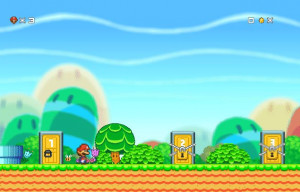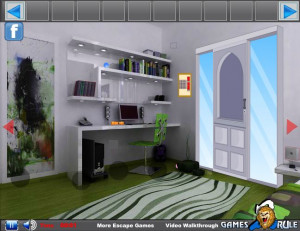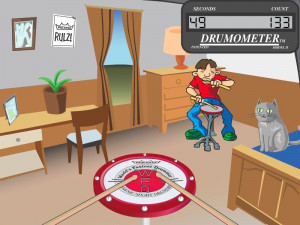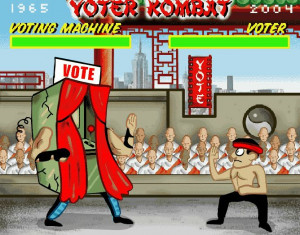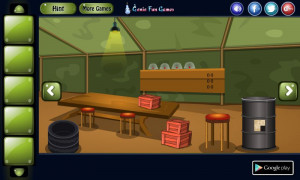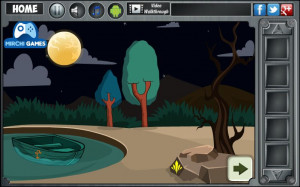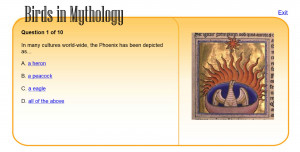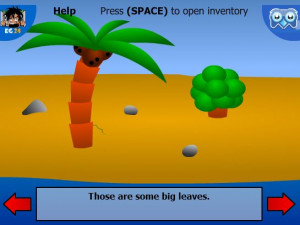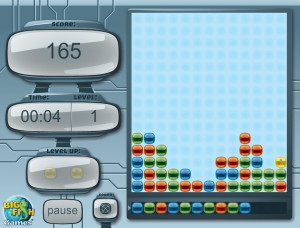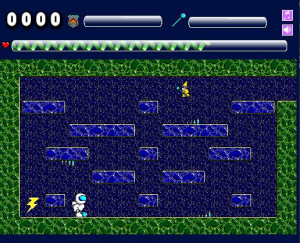Afterland
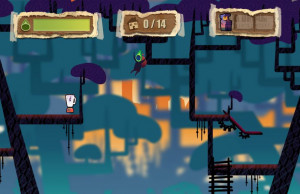
Afterland was developed as a tool to study recursive learning processes in videogame players. It is meant to explore how players' expectations can be challenged through subverting common design patterns (in this case, those of the 2D platformer) in a motivating way.
The experience of learning is grounded in a player's expectations and anticipations, which makes recognizing and identifying patterns and mechanics a key player activity. Players learn to play games through developing skills, strategies, and models that help them understand patterns, master challenges, and reach given goals. Playful learning, therefore, is a process of experiencing, recognizing, and reflecting on patterns, and it involves exploring the scope of one's actions in game space.
In Afterland various paradigm shifts subvert common gameplay patterns in order to encourage players to modify their anticipations. In this way, the game is meant to provoke a corresponding paradigm shift in the player, forcing him or her to reassess certain expectations and adopt new mental models, strategies, and goals than those commonly found in games of its genre. Data can then be collected on how players respond to this paradigm shift, how it affected their own conscious experience of learning, etc.
